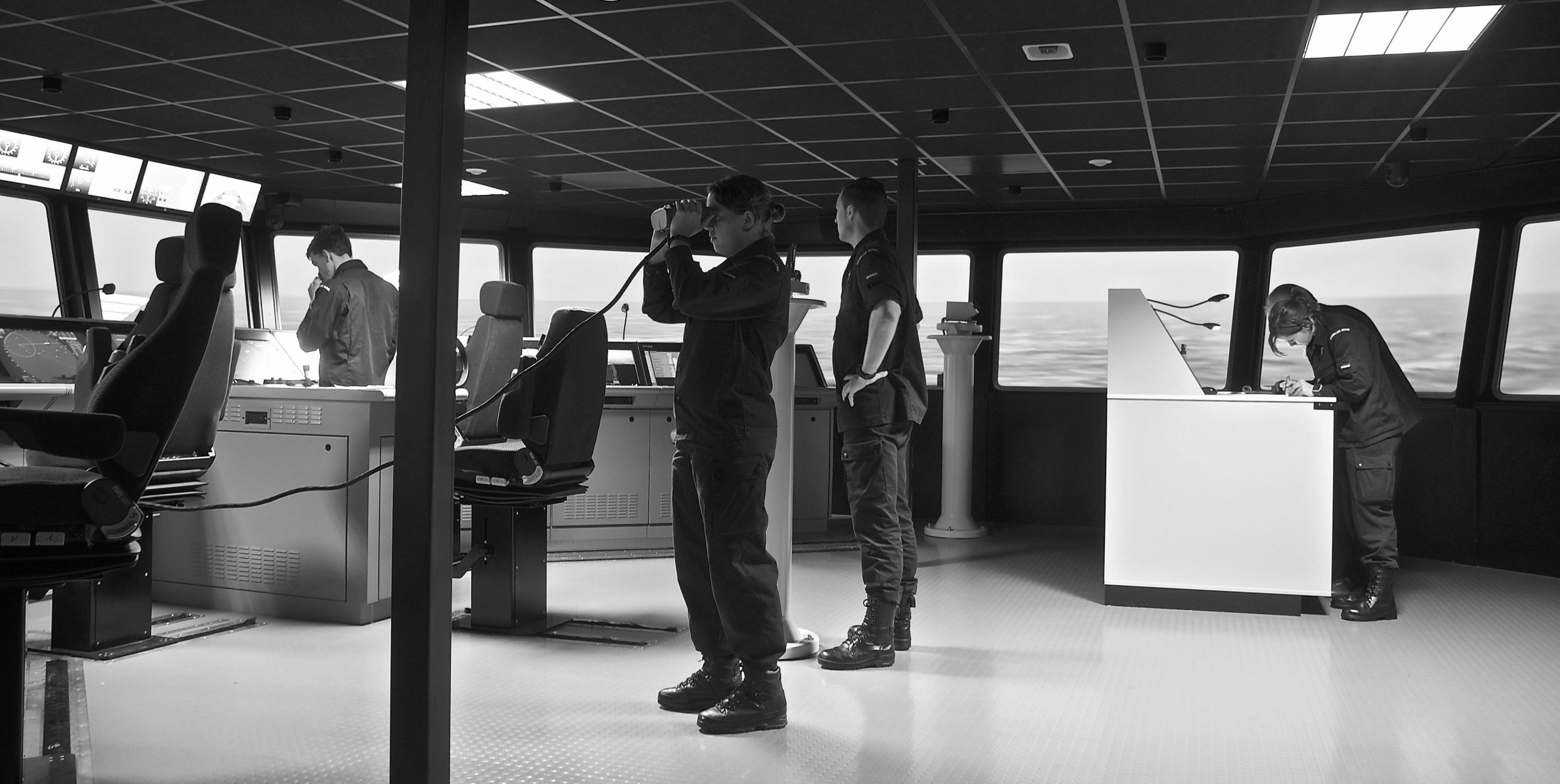Using a specialized simulation in training can help people make better decisions in stressful situations, says Dr. Iris Cohen, who recently defended her dissertation at TU Delft.
She worked in the Interactive Intelligence Group, part of the Electrical Engineering, Mathematics and Computer Science faculty (EEMCS).
The project, which was funded by the National Organisation for Scientific Research (NWO), focused on developing a method to reduce the negative effects of emotions on decisions when a person is under high pressure. “Professionals that are in highly demanding occupations, like police officers or military, can experience stress that has a negative effect on their performance, and this can be dangerous,” said Cohen. “We wanted to counteract that effect.” In such high pressured situations, people are often faced with making decisions despite uncertainties and despite sometimes strong emotions. Both the psychological and biological effects of such emotions can negatively affect the situation and the consequences of the decisions.
As part of her research, Cohen used a model to create a feedback system to be used in a Virtual Reality training setting. In collaboration with the Koninklijke Instituut voor de Marine (Royal Netherlands Naval College), a training simulation was developed to conduct experiments. Cohen explained that they created a training scenario in which a group of marines was involved in a human trafficking operation. The participants had to simulate following a target ship and the situation got out of control while questioning the suspected traffickers. At the same time, the simulation included an exploding boat nearby. The model used cognitive and physical factors to examine how the participants performed under the stressful situation while the feedback system was able to predict their performance.
The goal, according to Cohen, was to help reduce the negative effects of stress on decision making. The results of the experiment showed that fewer errors were made when participants received feedback from the system during the training. In addition, a real-time feedback system shows promise in preventing the effects of acute stress, leading to safer working conditions in the real world.
“There are some suggestions to improve the system so that predictions will be more accurate,” said Cohen. With the PhD behind her, Cohen would like to continue in human factors research. “I would like to make innovative tools or solutions to help people perform better.”



Comments are closed.